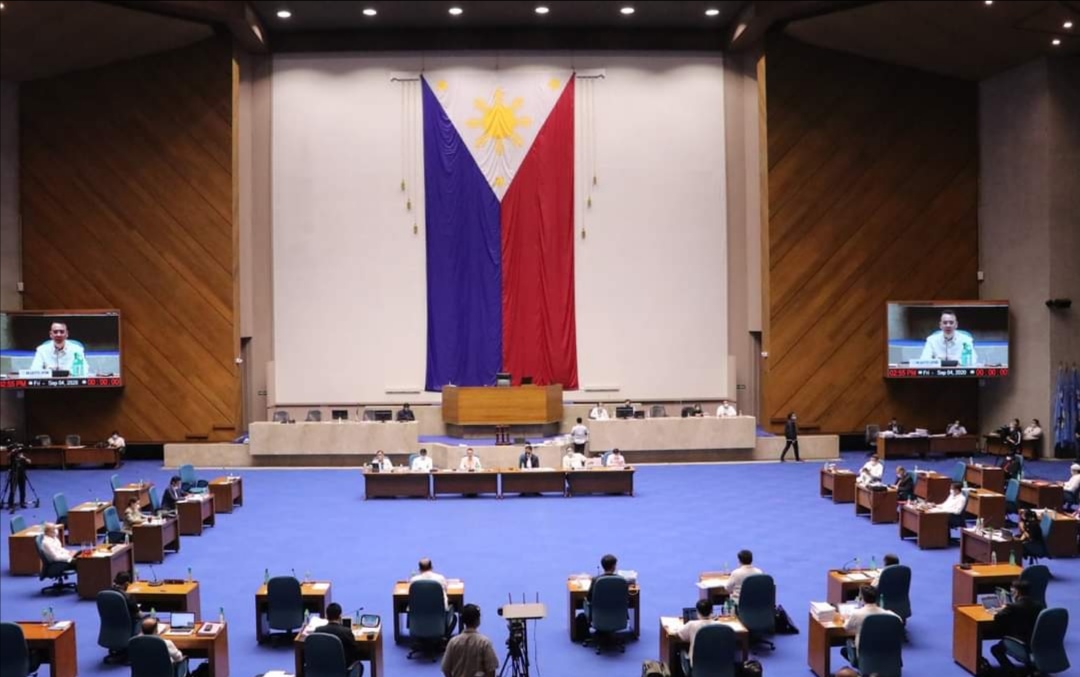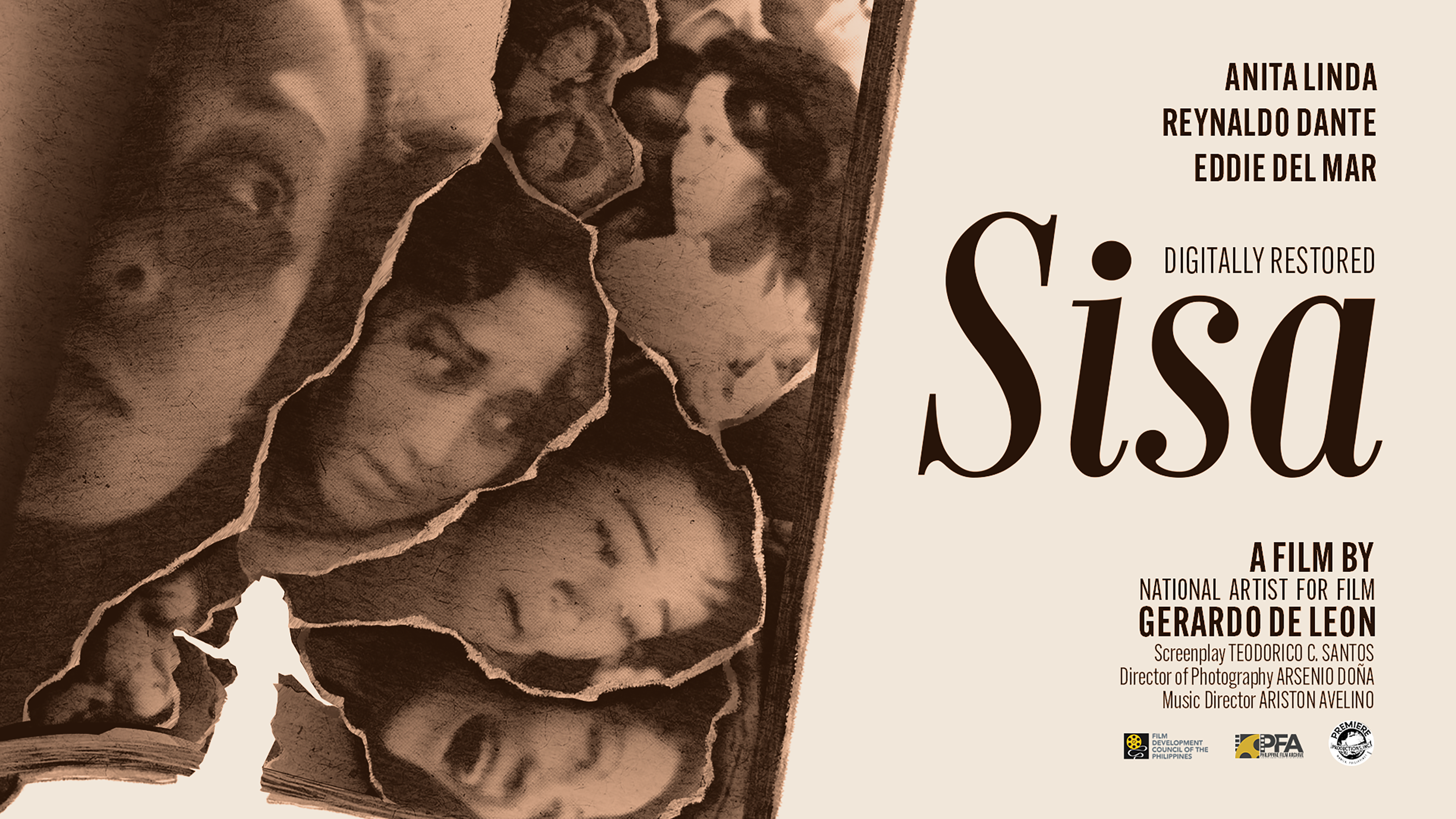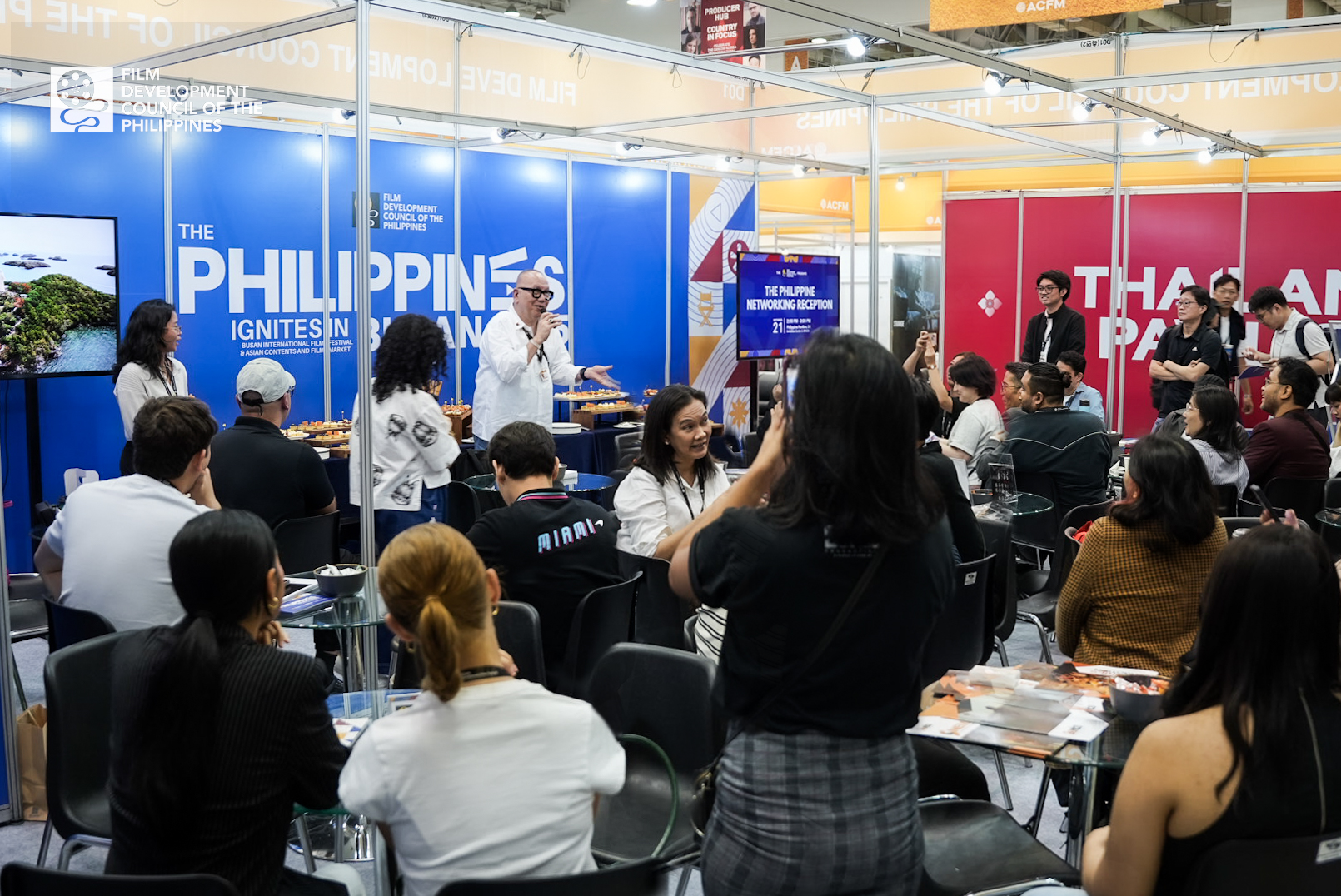FDCP Welcomes House Panel's Endorsement of Freelancers Protection Bill

MANILA, PHILIPPINES, JANUARY 22, 2021 — There are at least 1.5 million freelancers or self-employed individuals in the Philippine audiovisual (AV) industry, including film workers who also provide services for broadcasting, advertising, and live events. In fact, freelance workers account for between 70 to 80 percent of the film and AV industry workforce.
Widely regarded as informal employees, the country’s freelancers could stand to receive benefits and legal security through the proposed Freelancers Protection Act. The draft committee report on the substitute House Bill (HB) on providing protection for freelancers was amended and approved by the House Committee on Labor and Employment in a virtual hearing on January 19.
As a substitute bill to HB Nos. 1527, 2019, 3219, 3951, 6132, and 7790, the Freelancers Protection Bill seeks to safeguard the welfare of freelancers in terms of non-payment for services rendered, late payment, and fair remuneration, among others. It has been endorsed for plenary approval at the House of Representatives.
The Freelancers Protection Bill highlights the importance of entering into contracts for every project, having a taxation mechanism in accordance with the Bureau of Internal Revenue (BIR), and increased public awareness of freelancers’ rights.
The bill has proposed improvements in the gig economy system such as:
- A detailed written contract shall be entered into before services are rendered.
- Freelancers on field assignments or required to be at the workplace are entitled to a night shift differential equivalent to not less than 10 percent of one’s regular compensation for each hour of work performed between 10 p.m. and 6 a.m.
- Freelancers deployed in dangerous areas, with threats to safety or health as they are exposed to great danger, radiation, contagion, occupational risks, or perils to life, are entitled to hazard pay equivalent to at least 25 percent of the total payment for the period of such deployment.
- A freelancer must be registered as self-employed with the BIR, incorporated under the Securities and Exchange Commission, or registered as a sole proprietorship under the Department of Trade and Industry (DTI).
- Every BIR Revenue District Office will have a special assistance desk or lane for freelancers.
- Complaints on violations can be filed with the Department of Labor and Employment (DOLE) through the Undersecretary for Workers with Special Concerns.
- The DOLE, DTI, BIR, local government units, and other relevant government agencies will hold information and education campaigns on the welfare and rights of freelancers, BIR registration process, and mode of filing complaints when their rights are violated.
- It shall be unlawful for any employer to:
- Pay the compensation due the freelancer later than 15 days after the compensation payment date in the contract or after the rendition of services in cases where there is no written contract
- Require as a condition of payment of compensation, at any time after a freelancer has commenced rendition of services, that a freelancer accepts less than the specified contract price
- Commit any act of retaliation against any freelancer for opposing any practice prohibited by the Act or filing a complaint authorized under the Act, among others
Penalties in case of violation include a civil penalty of not less than PHP 50,000 but not more than PHP 500,000 and a corresponding interest rate of 6 percent per annum for continuing violations as indicated in the Order of Payment to be issued by the DOLE.
![]()
FDCP Chairperson and CEO Liza Diño and Pangasinan 4th District Rep. Christopher “Toff” de Venecia
The Film Development Council of the Philippines (FDCP) has been very supportive of the Freelancers Protection Bill, having joined several House Committee Meetings to ensure that film and AV workers are protected.
FDCP Chairperson and CEO Liza Diño commented, “This proposed legislation is crucial as it will provide legal protection for our film and audiovisual workers. We hope that the Freelancers Protection Bill will be enacted at the soonest possible time because we need to heed the plight of our millions of freelance workers.”
Diño expressed gratitude to the lawmakers who made the House Panel approval possible, especially the bill’s principal authors: Pangasinan 4th District Rep. Christopher “Toff” de Venecia, Albay 2nd District Rep. Joey Sarte Salceda, Quezon City 5th District Rep. Alfred Vargas, House Deputy Speaker Eduardo “Bro. Eddie” Villanueva of CIBAC Party-list, and Rep. Domingo Rivera of CIBAC Party-list.
She also thanked the House Committee on Labor and Employment, chaired by 1-PACMAN Rep. Eric Pineda, for taking into consideration the situation of freelancers, who are indispensable in the creative industries.





